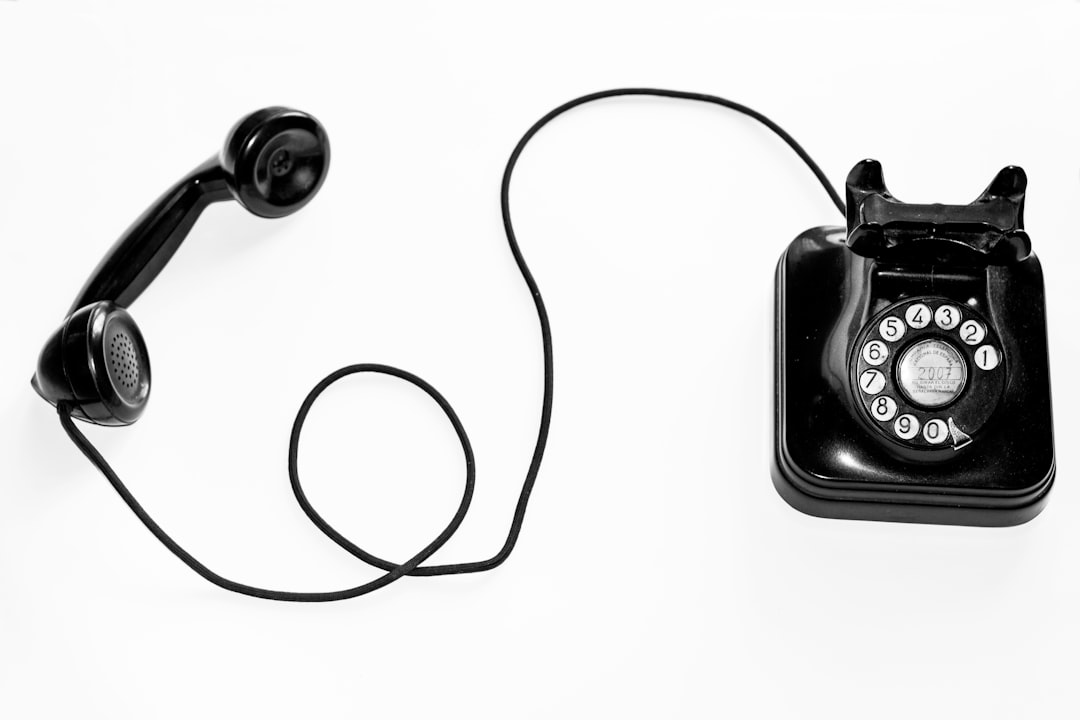Robocall scams targeting New Orleans and Louisiana residents are on the rise, with deceptive calls offering prizes or demanding personal info. The Federal Communications Commission (FCC) tracks these issues, and victims can report them online. Louisiana law offers protections under the Telephone Consumer Protection Act (TCPA), allowing compensation for unauthorized automated calls. Take action by blocking numbers, changing your phone number if needed, and documenting interactions with scammers. For legal assistance in pursuing compensation, consult a consumer protection lawyer specializing in Can I Sue For Robocalls Louisiana.
In the age of technological advancements, robocalls have become a nuisance, especially in vibrant cities like New Orleans. This article guides residents on navigating and reporting these relentless automated calls, which often signify fraudulent schemes. Understanding the prevalence of robocall scams in Louisiana is the first step. Learn where and how to report them effectively, explore your legal rights, and discover post-reporting steps. Know that if a robocall infringes your privacy, you might even consider suing for damages under Louisiana law.
Understanding Robocall Scams in New Orleans

Robocall scams are a prevalent and persistent issue in New Orleans, as they are across the nation. These automated phone calls often pose as legitimate organizations or individuals, attempting to deceive recipients into providing sensitive information or money. In Louisiana, where telephone fraud is a significant concern, understanding these scams is the first step towards protecting yourself.
If you’ve received a robocall offering an unlikely prize, requesting urgent financial action, or demanding personal information, it’s likely a scam. The Federal Communications Commission (FCC) estimates that over 40 billion robocalls were made in 2021 alone, many with malicious intent. While some states have more stringent laws against telephone fraud than others, Louisiana allows victims to take legal action by reporting these scams and potentially suing for damages under the Telephone Consumer Protection Act (TCPA).
Reporting Robocalls to the Right Authorities

In New Orleans, as in many parts of Louisiana, robocalls have become a prevalent and often irritating issue for residents. While these automated phone calls may be intrusive, there are specific channels to report them effectively. The Federal Communications Commission (FCC) provides guidelines and resources for identifying and reporting robocall scams. You can file a complaint online through the FCC’s Consumer Complaint Center, detailing the nature of the call, the company involved, and any relevant information that could help identify the source.
Additionally, Louisiana has its own mechanisms for addressing consumer protection concerns. The Louisiana Attorney General’s Office offers guidance on dealing with robocalls, including the option to sue for damages if a caller violates state laws regarding telemarketing practices. Contacting your local law enforcement agency or the Attorney General’s office is advisable if you suspect illegal activity or want to explore legal recourse.
Legal Rights and Recourse in Louisiana

In Louisiana, including New Orleans, residents have specific legal protections against robocall scams. The Telephone Consumer Protection Act (TCPA) grants individuals the right to sue for damages if they receive automated or prerecorded calls without prior consent. If you’ve been a victim of such scams, you’re not alone—many people in Louisiana have faced similar issues. Understanding your rights is crucial; you may be entitled to compensation for each unauthorized call received.
If you decide to take legal action against robocall scammers, it’s essential to gather evidence. Save any call records or screenshots, as these can serve as valuable proof in court. There are reputable consumer protection organizations and legal firms specializing in TCPA cases. They can guide you through the process of filing a lawsuit, calculating potential damages, and seeking justice for your robocall experiences. Remember, knowing your Can I Sue For Robocalls Louisiana rights is empowering; don’t hesitate to take action against these fraudulent practices.
Steps to Take After Reporting a Scam

After reporting a robocall scam in New Orleans, it’s important to take immediate steps to protect yourself and others. First, block the caller’s number using your phone’s settings. Many modern smartphones offer built-in call blocking features that can prevent these automated calls from reaching you directly. Additionally, consider changing your phone number if you frequently receive unwanted robocalls. This is a powerful step to take in ensuring your privacy.
If you’re curious about your legal options and Can I Sue For Robocalls Louisiana, consulting with a consumer protection lawyer is advisable. They can guide you through the process of filing a complaint with local authorities or relevant regulatory bodies. Keep records of all interactions related to the scam, including dates, times, and any communication exchanged. These documents will be valuable if you decide to pursue legal action, as it may lead to potential compensation for your troubles.






